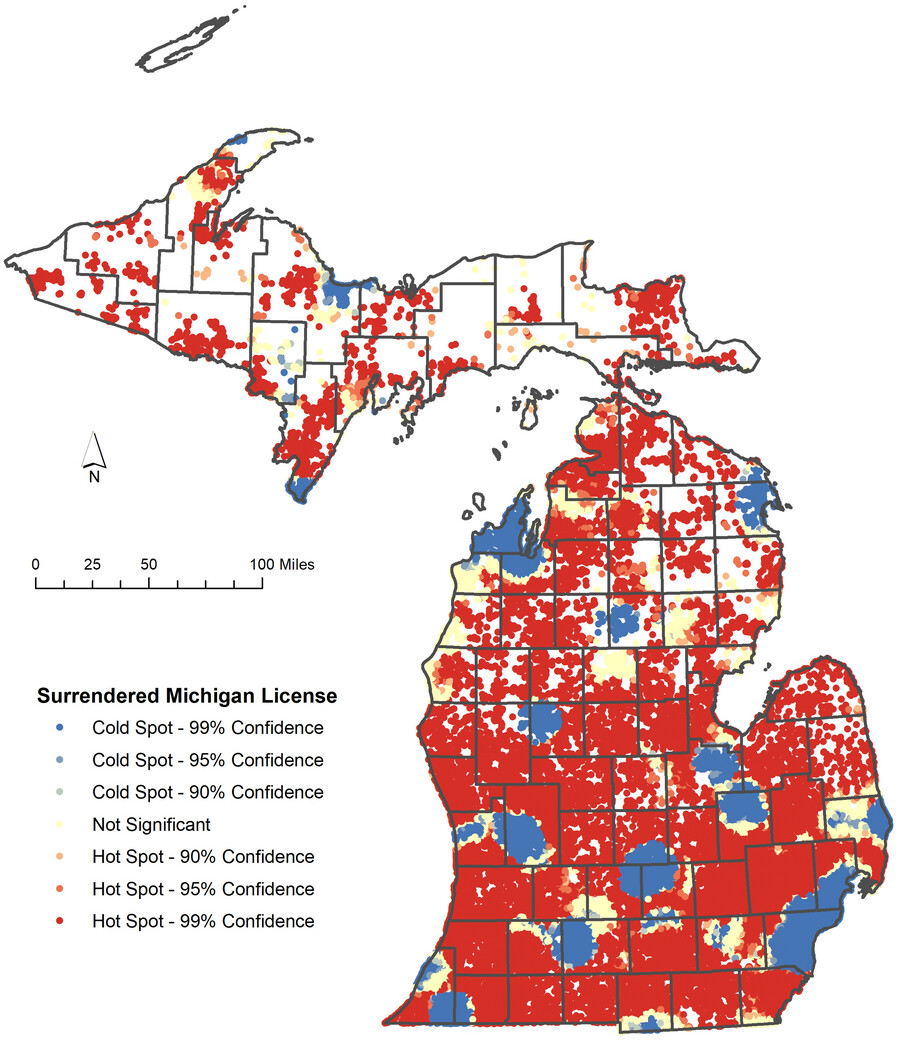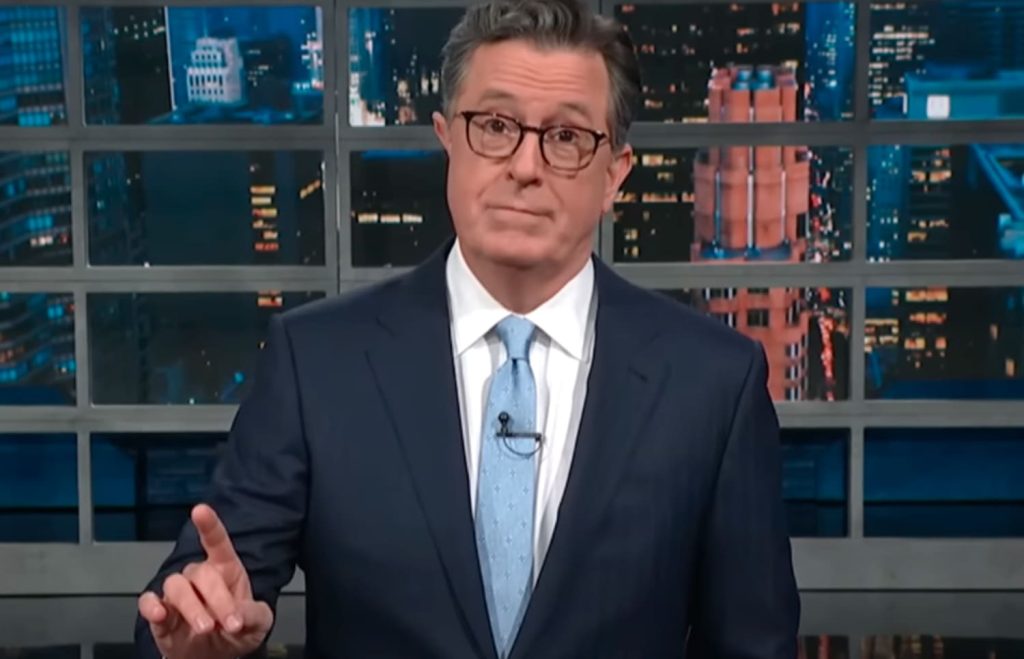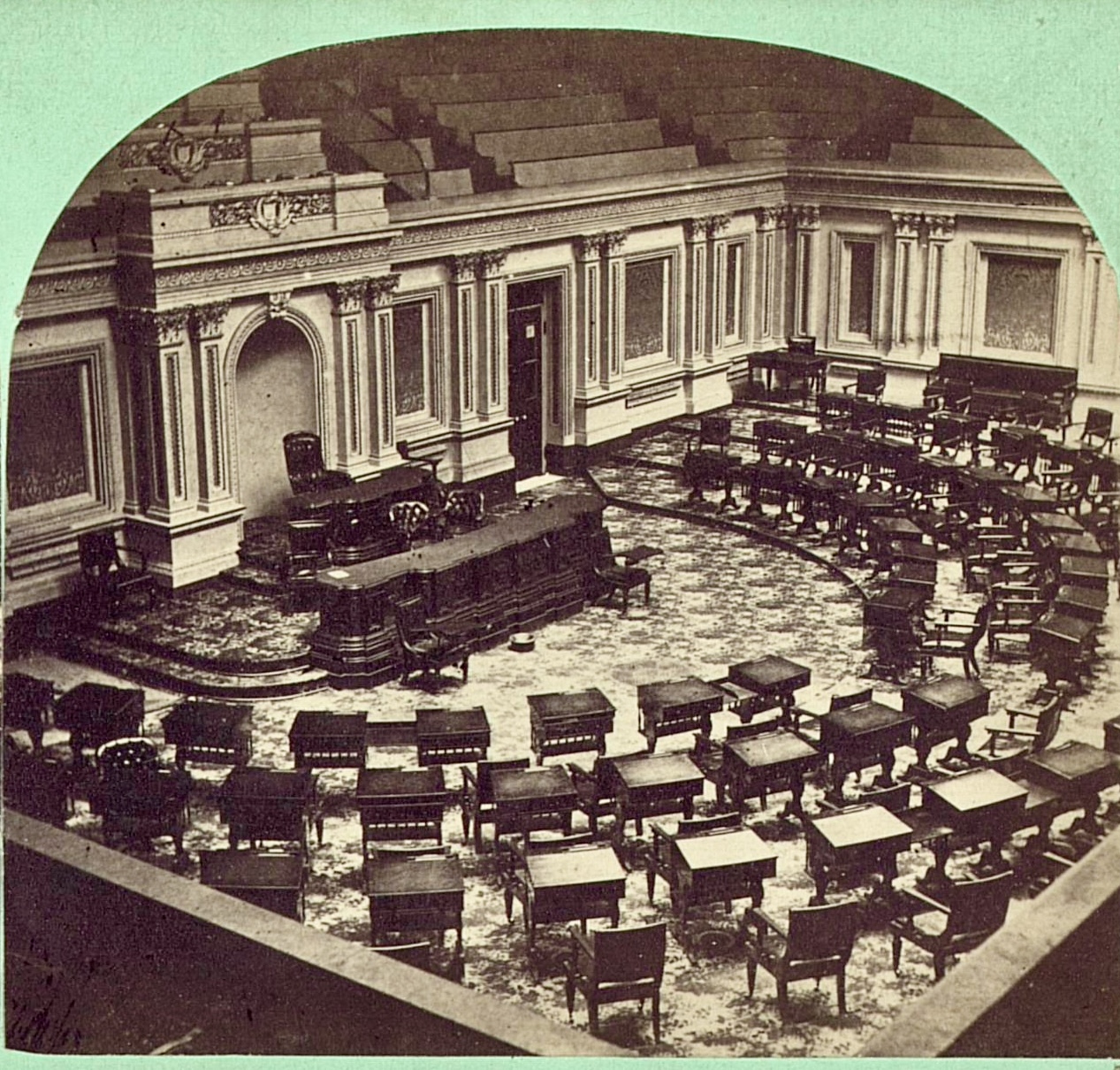When government officials fight harder to hide voter data than to clean it up, Americans should ask what they’re trying to conceal. That’s exactly what’s happening in Michigan, where Secretary of State Jocelyn Benson has launched an unprecedented campaign to shut down CheckMyVote.org’s volunteer-driven efforts to verify voter roll accuracy—a battle that reaches its crescendo this Friday at 9:30 AM in what may become the most consequential election integrity hearing of the year.
The stakes couldn’t be higher. CheckMyVote.org, a citizen-led organization dedicated to transparent elections, has been methodically working to identify discrepancies in Michigan’s voter databases—the kind of unglamorous but essential work that strengthens democratic institutions. Their reward? A full-court press from Benson’s office to eliminate their access to the very public records that make accountability possible.
This isn’t Benson’s first rodeo with constitutional overreach. She’s already lost at least nine lawsuits while attempting to implement election rules without legislative approval—a pattern that would make James Madison spin in his grave. The separation of powers wasn’t designed as a suggestion; it’s the bedrock principle that prevents exactly this kind of administrative tyranny.
The numbers tell a story that bureaucrats don’t want Americans to hear. CheckMyVote.org has documented 125,428 excess votes in Michigan’s November 2024 election cycle, alongside systematic discrepancies between state and county voter files. Rather than welcoming this free civic service, Benson’s administration has blocked voter data releases from local counties and restricted access to e-pollbooks. When public servants start treating public records like state secrets, patriots should demand answers.
What makes this particularly galling is the economic absurdity. CheckMyVote.org volunteers are doing essential election integrity work at zero cost to taxpayers—the kind of civic engagement that built America. Yet Benson’s office is spending untold resources fighting these patriots in court rather than addressing the irregularities they’ve uncovered. It’s government waste meets constitutional crisis, wrapped in bureaucratic arrogance.
The constitutional implications extend far beyond Michigan’s borders. Article I, Section 4 grants states authority over election administration, but that power comes with accountability to the people those elections serve. When state officials systematically obstruct citizen oversight, they’re not protecting election integrity—they’re undermining it. The Founders understood that transparency isn’t the enemy of good government; it’s the prerequisite.
Michigan’s status as a battleground state amplifies these concerns exponentially. Every compromised voter roll, every unexplained discrepancy, every bureaucratic roadblock to transparency doesn’t just affect Michiganders—it potentially impacts the entire nation’s electoral outcome. When the margin of victory in presidential elections can hinge on swing state performance, Americans deserve ironclad confidence in those states’ election systems.
The broader pattern here reflects a troubling shift in how some officials view their role. Rather than serving as stewards of democratic processes, they’ve positioned themselves as gatekeepers of information that rightfully belongs to the people. It’s the kind of thinking that transforms public servants into unaccountable bureaucrats—exactly what the constitutional framework was designed to prevent.
CheckMyVote.org represents the best of American civic tradition: citizens voluntarily investing their time and expertise to strengthen democratic institutions. Their methodology is transparent, their motives are patriotic, and their results are documented. If these are the people government officials want to silence, Americans should ask why.
Friday’s hearing will determine whether constitutional principles or administrative convenience prevails in Michigan. But the implications reach every state where citizens demand transparent, accountable elections. Patriots nationwide should watch closely—because the precedent set in Michigan will either strengthen citizen oversight of elections or hand bureaucrats a roadmap for avoiding accountability.
The choice is clear: transparent elections that serve the American people, or opaque systems that serve the administrative state. Michigan’s decision will echo across the nation, making Friday’s hearing a defining moment for election integrity and constitutional governance alike.







